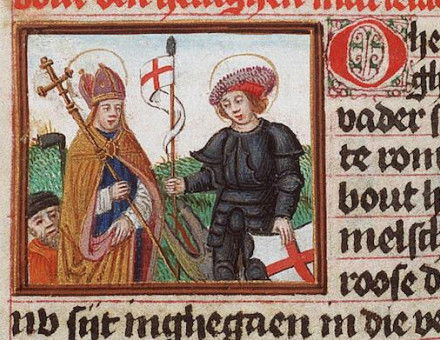Age in Old England
The problems of later life are always with us, writes Steven R. Smith. Among those who have studied them are both a famous philosopher and a renowned physician.
About three hundred years ago, a physician in northern England submitted to the Royal Society a list of persons in that region who had lived to the age of one hundred or older. He attributed their longevity to the coarse diet of most people in the mountains. While he listed several persons who had lived for more than a hundred years, no one on his list had lived as long as the seventeenth century’s most famous old man, Thomas Parr, who was allegedly 152 when he died in 1635.
His death then was attributed to suffocation. William Harvey, the era’s most distinguished physician, examined Parr’s body and found it to be in good condition except for the heart. Harvey reported that ‘had nothing happened to interfere with the old man’s habits of life,’ he might have lived even longer. Parr had died after moving to London where the air was not so pure as in the countryside in which he had spent most of his life.





